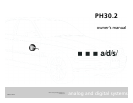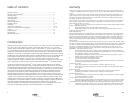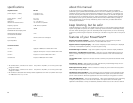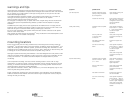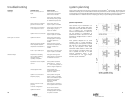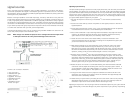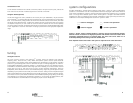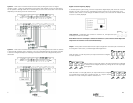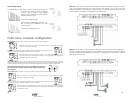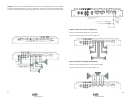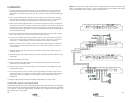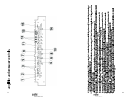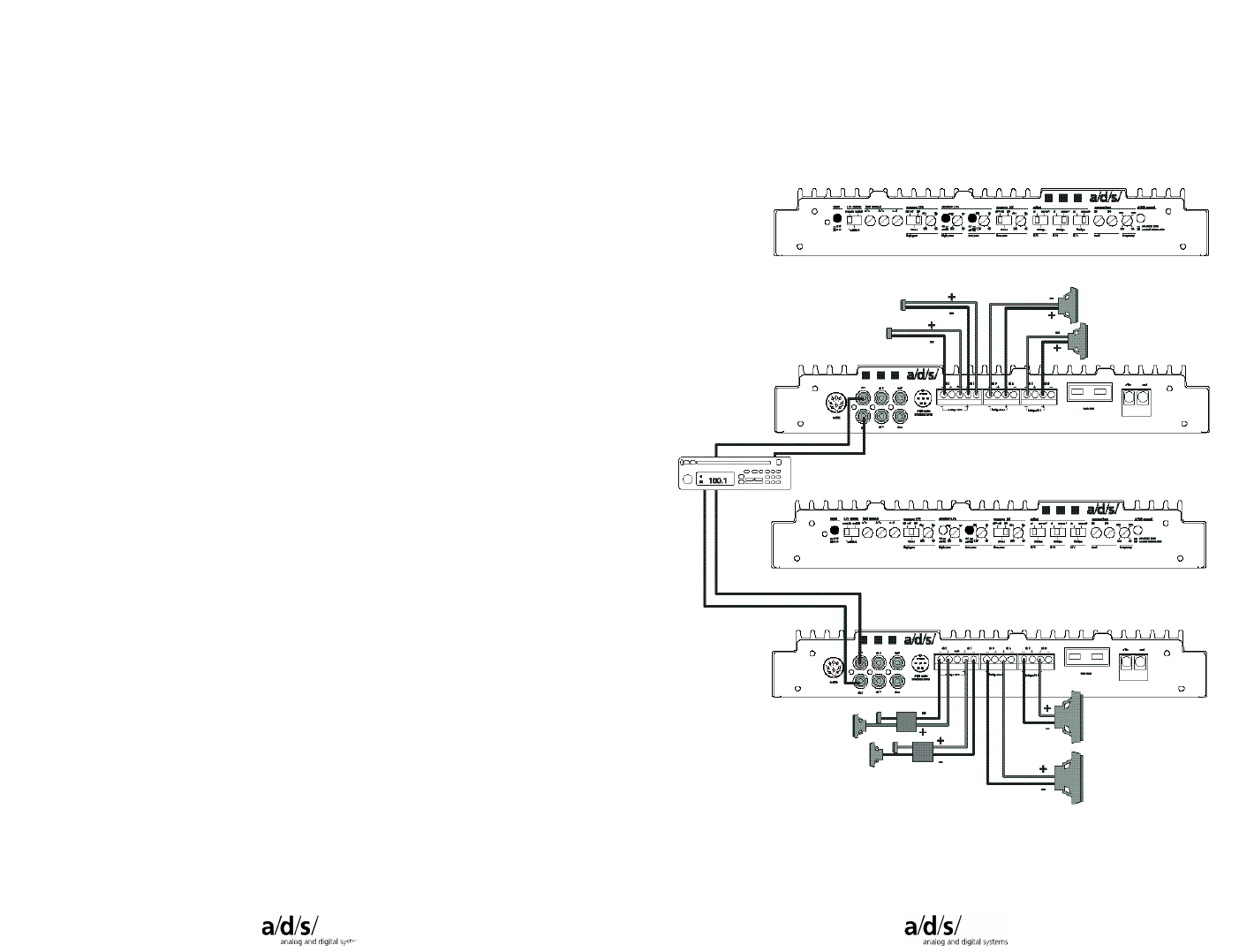
installation
1. Disconnect the battery ground cable. Reconnect the ground cable only after the installation is
complete and the wiring has been checked to make sure that there are no problems. If your
radio features a code type security system, be sure you know the code before disconnecting the
battery!
2. Run a minimum AWG #8 power wire directly from the battery to the PowerPlate
TM
mounting
location. Install a fuseholder at the battery end of this cable either within 18” of the battery or
before the wire runs through any metal partitions. Do not install the fuse at this time.
3. Attach a minimum AWG #8 ground wire to a solid chassis ground point near the mounting loca
tion. Keep this wire as short as possible. Scrape all paint and primer off of the sheet metal at the
ground point to ensure a good electrical connection. Attach the wire to the ground point with a
nut, bolt and star washer. If this doesn’t work, we recommended that a seperate #8 ground be run
back to the battery-terminal.
4. Run the signal leads and remote turn-on leads from the head unit to the PowerPlate™ location.
Refer to the “signal sources” section for the proper wiring connections.
5. Run each of the speaker leads to the PowerPlateTM location. Connect the speaker, remote, and
power wires to the appropriate terminals on the plug-in connector. Refer to the “controls and
connections” or “system planning” sections for information on the proper connections.
6. Preset the 2/4 channel selector switch, crossover and channel mode switches, and crossover fre
quency switches to the desired positions. Refer to the “controls and connections” section for
more information.
7. Adjust all amplifier input level controls to the 1/4 position to full counter-clockwise, then turn
clockwise 1/4 turn.
8. Mount the amplifier into position and plug in the power and speaker terminals. Attach the input
signal cables.
9. Reattach the battery ground cable.
10. Attach a minimum AWG #8 ground wire from the battery ground terminal to a solid chassis
ground point near the battery. see#3
11. Double check your switch and control settings. Install an 80A fuse in the fuseholder you have
installed near the battery.
12. Turn on the signal source at a low volume level. Using the balance and fader controls, check to
see that each channel is connected to the proper speakers. Make sure that the proper frequency
range is being sent to each speaker if you are using the crossover features built in to your
PowerPlate™.
13. Adjust the input sensitivity and crossover frequencies as described in the “tuning” section.
controls and connections
Use AWG #8 or larger power and ground cable.Install an 80A fuse in the power wire within 18” of the battery.
Keep the ground wire to a minimum length and attach solidly to a clean metal part of the vehicle. The addition
of a .5 Farad to 1 Farad power supply capacitor, mounted as close as possible to the PowerPlate
T M
, may
i m p r ove perf o r mance in some systems.
System 7 – Two PH30.2s are used. The first PH30.2 is configured the same as system 4 and the second
PH30.2 is configured simular to system 5. The first amplifier drives the front midrange and tweeters
and the second amplifers drives the rear speakers and the subwoofer.
1013



